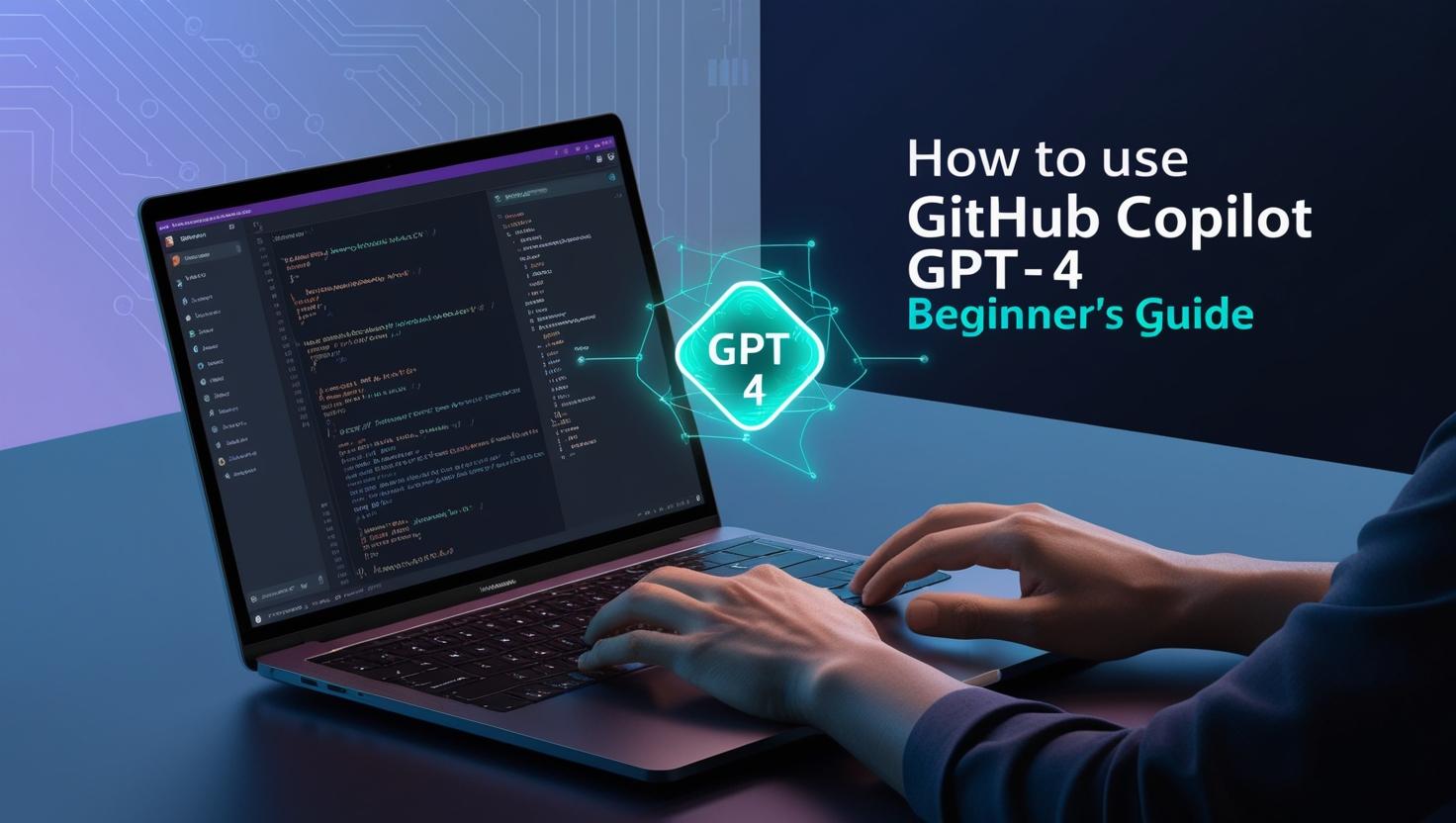Introduction
The internet is undergoing a paradigm shift. From centralized platforms to decentralized ecosystems, Web3 is redefining how we interact with technology—and the skills required to thrive in this new era are evolving just as quickly. Web3 skills are no longer niche; they’re critical for developers, entrepreneurs, and innovators aiming to build applications for decentralized platforms, govern DAOs (Decentralized Autonomous Organizations), or design token economies. In this guide, we’ll break down the core competencies you need to succeed in the decentralized internet revolution.
Understanding Web3 Skills
Web3 skills encompass the technical, strategic, and collaborative abilities required to create and manage decentralized systems. Unlike traditional web development, Web3 prioritizes:
- Decentralization: Eliminating single points of control.
- Blockchain Integration: Leveraging distributed ledger technology.
- Tokenization: Designing economies around digital assets.
- Community Governance: Empowering users through DAOs.
With global blockchain adoption projected to generate $3.1 trillion in business value by 2030, mastering these skills is no longer optional for tech professionals.
Core Competencies for Decentralized Platforms
To build robust Web3 applications, focus on these essential skill sets:
1. Blockchain Development Fundamentals
- Smart Contract Programming: Learn Solidity (Ethereum), Rust (Solana), or Vyper.
- Decentralized Storage: Use IPFS or Arweave for peer-to-peer data storage.
- Oracles: Integrate real-world data via Chainlink or Band Protocol.
Example: Ethereum’s ecosystem hosts over 4,400 dApps, from DeFi protocols like Uniswap to NFT marketplaces like OpenSea.
2. DAO Management & Governance
- Governance Frameworks: Understand proposal systems (e.g., Snapshot) and voting mechanisms.
- Treasury Management: Allocate funds transparently using tools like Aragon or DAOhaus.
- Community Incentives: Design reward systems to drive participation.
Stat: DAOs manage over $20 billion in assets collectively, with platforms like MakerDAO governing critical DeFi infrastructure (DeepDAO).
3. Token Economy Design
- Tokenomics: Balance supply, demand, and utility (e.g., Ethereum’s ETH for gas fees).
- DeFi Protocols: Build lending/borrowing systems (Compound) or liquidity pools (Curve).
- Regulatory Compliance: Navigate evolving frameworks for digital assets.
Stat: The total value locked (TVL) in DeFi exceeds $80 billion, despite market volatility (DeFi Llama).
Real-World Examples & Statistics
- Polygon’s Scalability: Polygon reduces Ethereum gas fees by 90%, powering dApps like QuickSwap.
- ENS DAO Success: The Ethereum Name Service DAO decentralized control of .eth domains, with over 2.8 million names registered (ENS).
- Audit Failures: 52% of DeFi hacks in 2023 stemmed from smart contract vulnerabilities (CertiK).
Actionable Insights for Developers
- Start with Foundational Tools
- Complete CryptoZombies to learn Solidity.
- Experiment with Remix IDE for smart contract deployment.
- Build a DAO Prototype
- Use Aragon to create a governance model in under an hour.
- Test proposals on a testnet like Goerli.
- Master Tokenomics
- Analyze successful models (e.g., Uniswap’s UNI token).
- Simulate economies using cadCAD for system modeling.
- Prioritize Security
- Audit contracts with OpenZeppelin Defender.
- Join bug bounty platforms like Immunefi.
Conclusion
Web3 skills are the gateway to shaping the decentralized future. Whether you’re building dApps, governing DAOs, or engineering token economies, the demand for these competencies will only grow as blockchain technology matures.
Ready to dive deeper? Join a Web3 development community like Buildspace or enroll in a blockchain course on Coursera, and start contributing to the decentralized internet today.
Sources
Stay ahead with The ProTec Blog—your guide to mastering tomorrow’s technologies today.


















